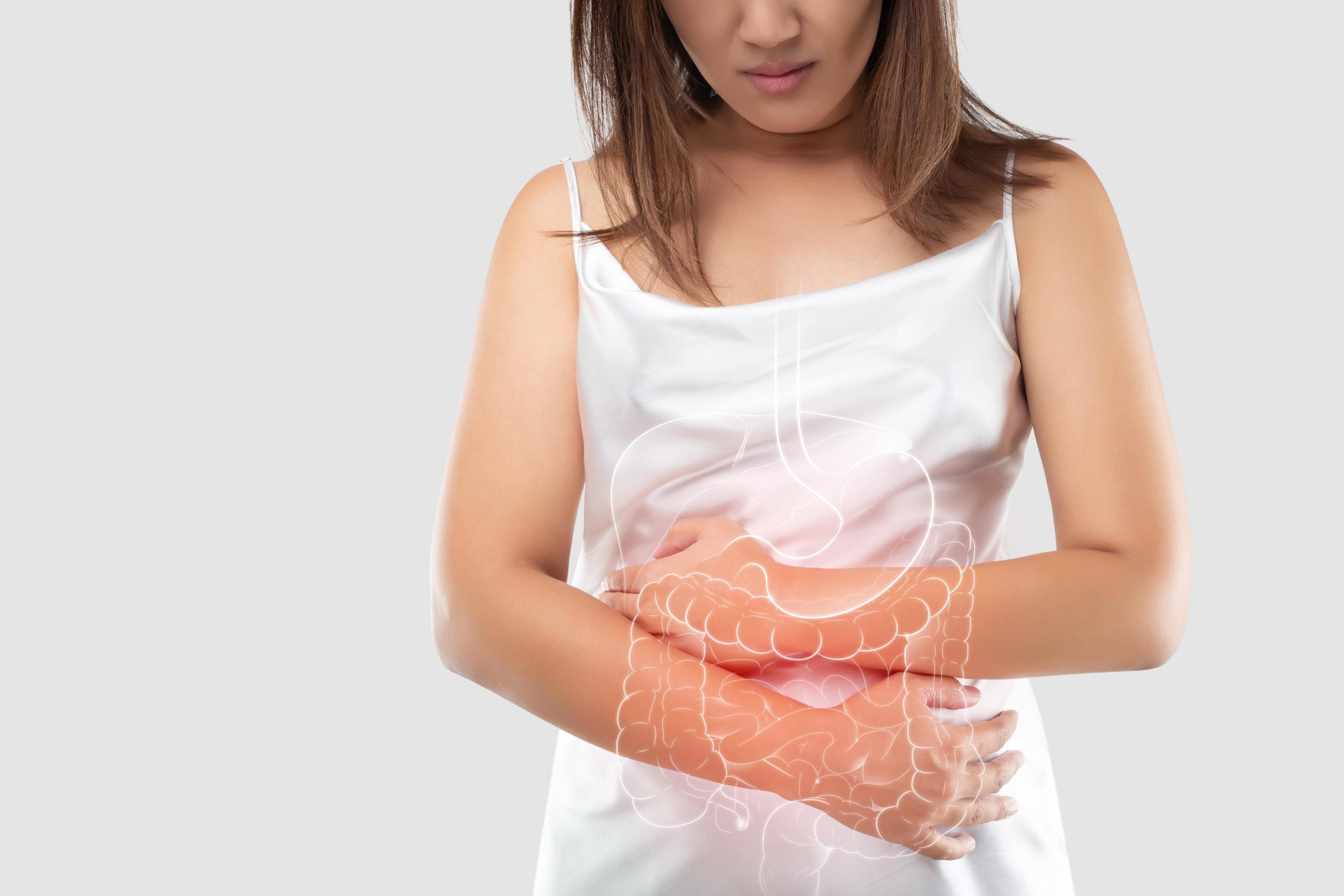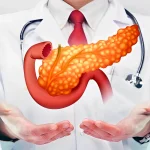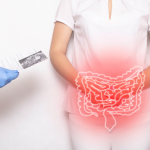
Key facts
- Bowel infections are caused by microorganisms (‘bugs’, or germs) in the gut, and are sometimes called gastrointestinal infections (gastroenteritis).
- You can get a bowel infection by consuming contaminated water or food, or by having contact with another person who has the infection.
- Bowel infections can be caused by viruses (such as the rotavirus), bacteria (e.g. salmonella) and parasites (e.g. giardia).
- You should see your doctor if symptoms are severe, you have a fever, there’s blood or mucus in you stools (poo), you have signs of dehydration or if diarrhoea has lasted more than 2 or 3 days.
What is a bowel infection?
Bowel infections are caused by microorganisms (‘bugs’, or germs) that have found their way into your gut. The gut (also called bowel or intestine), is part of your digestive system.
An infection of the bowel is sometimes called a gastrointestinal infection, or gastroenteritis or (gastro).
You can get gastroenteritis by eating or drinking contaminated water or food. This is often called food poisoning)
You can also get gastroenteritis from contact with germs through infected people or contaminated objects such as cutlery, taps, toys or nappies.
Bowel infections are common in Australia, but people also frequently get infected when travelling overseas.
Infections of the bowel can affect anyone at any time. They can cause a lot of discomfort and inconvenience. They can sometimes lead to more serious problems.
What are the symptoms of bowel infection?
Some common symptoms of bowel infection include:
- diarrhoea
- nausea
- vomiting
- crampy abdominal pain
- fever
- headache
Some people also get blood in their stools (poo), including in cases of an infection known as dysentery.
Blood in stools can be caused bacteria or parasites. But it may be something more serious. You should always see a doctor if you have blood in your stools.
What are the most common causes of bowel infections?
Bowel infections caused by viruses often have symptoms of nausea, vomiting and diarrhoea. They usually get better within 1 to 2 days.
Viruses that can cause bowel infections include the following:
- Rotavirus: common in young children; spreads easily through contact with contaminated vomit or faeces (poo).
- Norovirus: highly contagious and spreads easily in places like childcare centres, nursing homes and cruise ships.
- Adenovirus and astrovirus.
Bacterial bowel infections often have symptoms of fever and diarrhoea. Bacteria that can cause bowel infections include the following.
- Campylobacter: often linked with eating contaminated chicken. People most at risk are the young, older people, travellers and people who are malnourished.
- Salmonella: usually spread via contaminated meat, poultry or eggs.
- Shigella: most common in travellers to developing countries.
- Clostridium difficile: usually linked to recently taking antibiotics or being in hospital.
Parasites that can cause bowel infections include the following.
- Giardia: spread in the faeces of infected people and animals. It is most common in young children, hikers, and travellers.
- Cryptosporidiosis: spread by contaminated food or water.
- Amoebiasis: mostly affects young adults. It is usually spread via contaminated water or food.
If you often get bowel symptoms such as diarrhoea, it could be a sign that you have an underlying condition such as diverticular disease, irritable bowel syndrome, Crohn’s disease or ulcerative colitis. You should see your doctor for advice.
When should I see my doctor?
Make an appointment to see a doctor if you have:
- severe symptoms
- a high temperature (fever)
- severe abdominal (tummy) pain
- blood or mucus in your stools
- diarrhoea that lasts longer than 2 or 3 days
- signs of dehydration, such as excessive thirst or not passing much urine
If your baby is younger than 3 months old and has diarrhoea, see a doctor right away.
You should take children to the emergency department if they:
- are showing signs of dehydration (not passing urine, pale, sunken eyes, cold hands or feet or is very cranky)
- can’t keep fluids down
- have bad stomach pain
- are generally unwell, including being less responsive, not feeding well or are feverish
Toddlers and young children should see a doctor if:
- they have diarrhoea that doesn’t go away
- there is blood in their poo
- they are losing weight
How are bowel infections diagnosed?
To diagnose the cause of your symptoms, your doctor may ask some questions and examine you. They might recommend some tests, such as:
- faecal testing (taking a stool sample)
- blood tests
- an endoscopy (such as colonoscopy) to look inside your bowel
In some cases, you might be referred to an infectious diseases service.
How are bowel infections treated?
Most bowel infections go away after a few days.
It’s important that you drink plenty of fluids, including water and oral rehydration drinks. This is to avoid dehydration. Oral rehydration drinks are available from pharmacies and some supermarkets. Some brands are also available as icy poles.
Diarrhoea causes a lot of fluid to be lost from the body. Take special care of vulnerable people like the very young, older people and those in poor health.
Children who refuse water and oral rehydration drinks can be given diluted apple juice in the short-term.
Babies who are breastfeeding need to be breastfed more often to keep up their fluids. Formula-fed babies should be given oral rehydration solution or water for the first 12 hours. After that, give their normal formula in smaller, more frequent amounts.
Some people need antibiotics for bowel infections caused by parasites and bacteria.
If your symptoms persist, see a doctor.
Can bowel infections be prevented?
Many bowel infections can be prevented by taking care with what you eat and drink, and by following good hygiene practices. You should:
- Cook foods such as meat and eggs thoroughly.
- Wash your hands regularly, especially before touching food.
- Avoid close contact with people who have a bowel infection.
When travelling to areas where clean water and food hygiene cannot be guaranteed, you should:
- only use bottled water for drinking and teeth cleaning
- avoid drinks with ice
- choose freshly cooked foods that are served steaming hot
- avoid raw or under-cooked foods (especially meat or seafood)
- avoid fresh salads, peeled fruit, unpasteurised milk or milk products
- avoid food from roadside stalls



